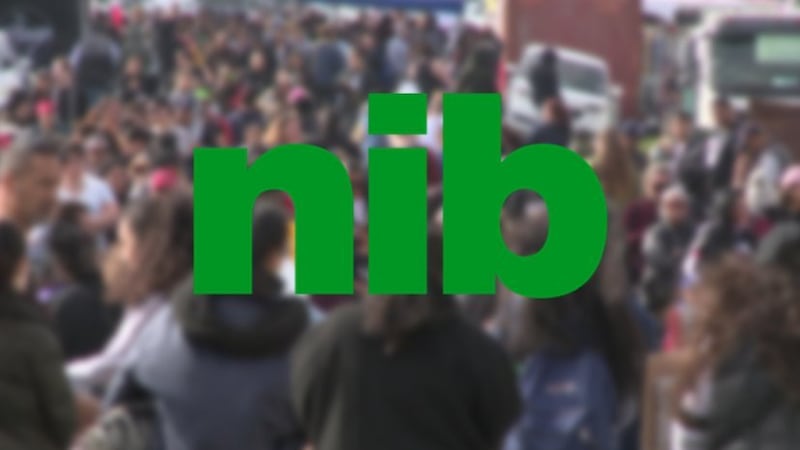Employees of Nib New Zealand are reaping the benefits of a flexible new benefits scheme by the health insurance provider.
The company has created a range of new of entitlements including paid cultural leave, designed to support Māori employees to take time away from work to attend traditional rituals and customs and dates of significance.
Tana Rakena (Waikato, Ngāti Whātua, Ngāti Hauā) is one employee who will use some of her five days of new leave to attend the annual Koroneihana commemorations this week.
"Hirahira ake nei. Kei ngā mātāpono o te tino rangatiratanga, o te mana taurite, o te mana motuhake ngā whakaaro. Kua kite i roto i ngā tau ngā whakapikinga o te ahurea Māori, o ngā iwi taketake hoki ki tōna mātamuatanga. E ahu whakamua ana tēnei momo āhuatanga ki roto ki ēnei kamupene nui."
(It's really exciting. The idea is steeped in the concepts of tino rangatiratanga, equity and mana motuhake. We've seen an increase in recent years of acknowledgement toward Māori and indigenous cultures. That is being seen more and more in these kinds of large organisations.")
Designed for Māori staff
Nib New Zealand chief executive Rob Hennin says while the cultural leave provision is open for all employees, it has been designed first and foremost to allow Māori employees to participate in any significant events without having to use annual leave provisions, or having to consider unpaid leave.
"It just means that they could take leave to attend the ceremonies that as Māori they want to participate in. Some are very formal and some of them are less formal but they could take leave to participate in kapa haka - to lead, teach or participate. Or extended leave for Matariki events.
"Pōwhiri, of course, and tangihanga. While that was included in our bereavement leave anyway it's a very special time for Māori and it takes longer than often the traditional funeral services. But also just attending iwi, hapū and other hui that being Māori is important to do.
He says it was important to recognise that in a way, which allowed staff to feel they had the right to do so, regardless of their leave entitlements.
The cultural leave also includes paid parental leave, as well as paid grandparents' leave, paid gender affirmation leave, natural disaster leave, flexible public holidays, the ability to buy additional annual leave as well as increased paid family leave and domestic violence leave.
Tikanga Māori encouraged
Rakena, the iwi account manager, was one of the employees who helped advise the company on the inclusion of Māori practices into its entitlements packages.
"Kīhai ahau i ohorere, nā te mea he kaha nō te kamupene ki te whakamana i ngā tikanga Māori, tikanga a-iwi, engari e kite ana te ahunga me te tirohanga whānui. Ko te tirohanga Māori me taurite tō katoa e ora ai a roto.
("It wasn't that surprising, because the company has long encouraged tikanga Māori, as well as those of other cultures. We have been heading in that direction and looking at the wider picture. For us as Māori that picture is about maintaining a healthy balance within ourselves.")
"Ko tēnei momo hararei i whai whakaaro ki ō tātou whare tapawhā, arā kia whai wāhi atu te tangata ki ngā kaupapa e motuhake ana ki a ia, kia ea ai tōna taha whānau."
("This type of leave takes into account our whare tapawhā model, so that will allow the employees to participate in activities that will fulfill the need to spend time with their whānau.")
Hennin says the motivation for him comes from the whakatauki he aha te mea nui o te ao? He tangata, he tangata, he tangata.
"I learned that four years ago as part of my te reo training, and it just struck a chord with me. It sums up our values. At the end of the day it is about people and what we are doing here at nib is all about trying to understand our Māori culture, the important Māori traditions and tikanga better so that we could be a better partner, not just for our employees, but also the Māori business and communities that we interact with."

